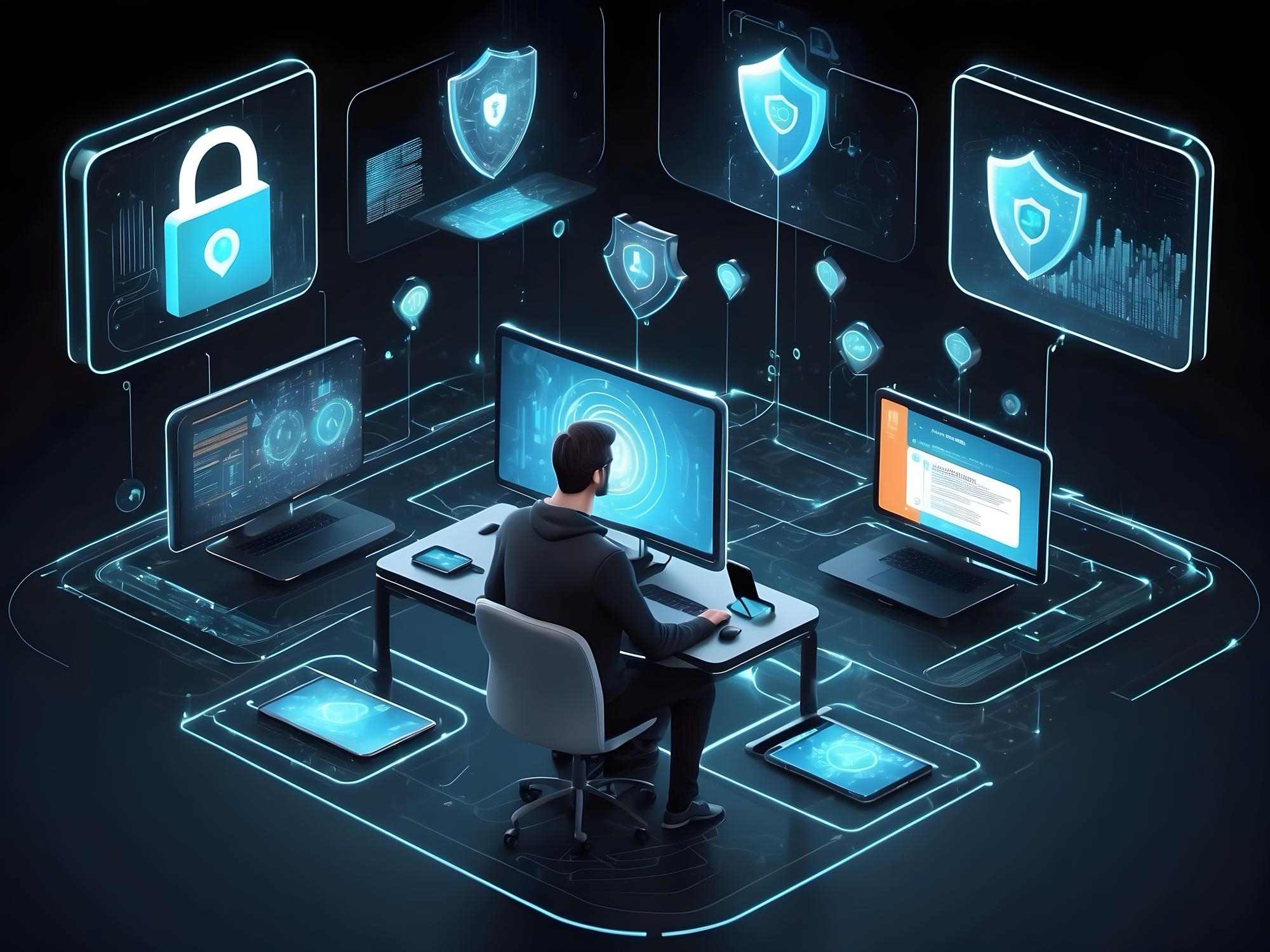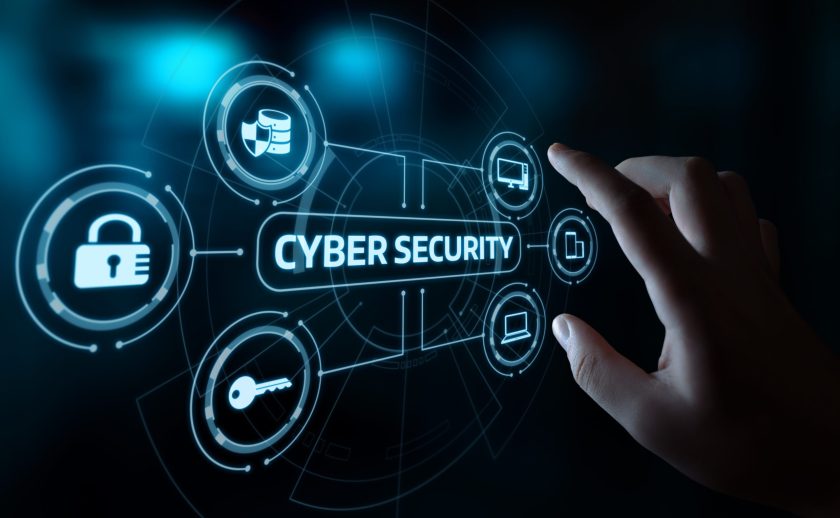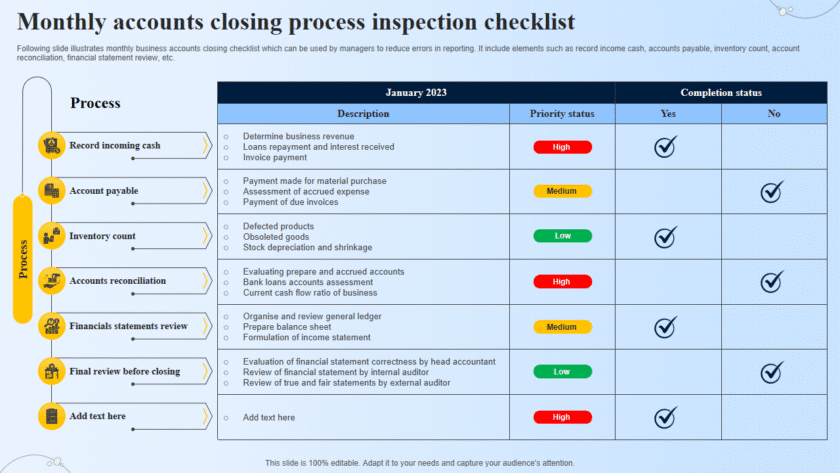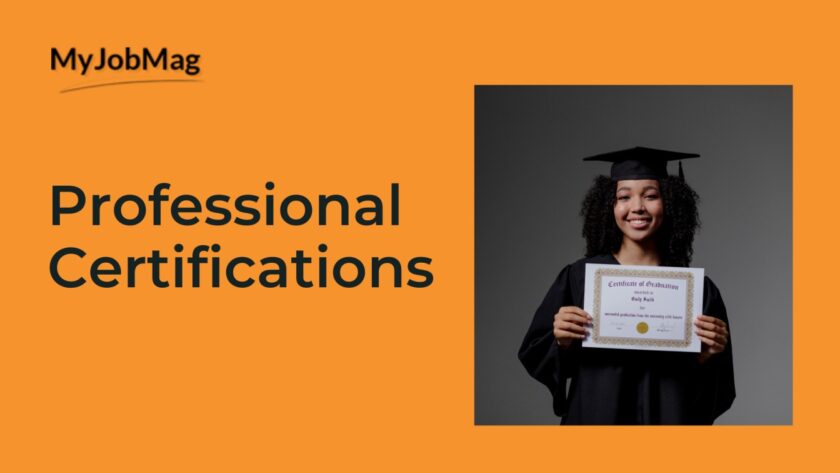🔹 What is a VPN?
A Virtual Private Network (VPN) is a service that creates a secure, encrypted tunnel between your device and the internet. It hides your IP address and makes your online activities harder to track by hackers, your ISP, or even public Wi-Fi snoopers.
🔹 Why Use a VPN?
- Privacy Protection – Keeps your browsing history hidden from ISPs and advertisers.
- Security – Encrypts data on public Wi-Fi (e.g., airports, hotels, cafés).
- Access Restricted Content – Lets you bypass geo-blocks (Netflix, YouTube, etc.).
- Prevent Tracking – Makes it harder for websites and attackers to identify you.
- Safer Online Banking – Adds an extra security layer when handling sensitive transactions.
🔹 How VPNs Work (Simplified)
- Without VPN: Your device → ISP → Website (your IP is visible).
- With VPN: Your device → Encrypted VPN Tunnel → VPN Server → Website (website sees VPN server’s IP, not yours).
🔹 Choosing a Safe VPN
✅ No-logs policy (they don’t store your data).
✅ Strong encryption (AES-256 is standard).
✅ Kill switch (cuts internet if VPN drops).
✅ Reputable provider (avoid free VPNs; they often sell your data).
✅ Cross-platform support (Windows, Android, iOS, macOS, routers).
Popular trusted VPNs: NordVPN, ExpressVPN, ProtonVPN, Surfshark.
🔹 Safe VPN Practices
- Avoid Free VPNs – Many free ones leak data or insert ads.
- Enable Kill Switch – Prevents IP leaks if the VPN disconnects.
- Use Multi-Factor Authentication (MFA) – If your VPN account supports it.
- Update VPN Software Regularly – For latest security patches.
- Don’t Rely on VPN Alone – Combine with antivirus, firewalls, and good browsing habits.
🔹 Common VPN Misconceptions
❌ “VPN makes me 100% anonymous.” – Wrong. VPNs hide your IP, but sites can still track you with cookies, logins, or fingerprinting.
❌ “VPN protects against viruses.” – No, VPNs only encrypt traffic. You still need antivirus.
❌ “All VPNs are safe.” – Many cheap/free ones are dangerous.
🔹 When to Use a VPN
- On public Wi-Fi (airports, hotels, cafés).
- When traveling abroad (to access home content).
- When doing sensitive work (remote jobs, confidential projects).
- For extra privacy when browsing or online shopping.
✅ Bottom Line:
A VPN is a powerful tool for privacy and security, but it’s not magic. Use it along with safe browsing, updated software, and strong passwords for full protection.






